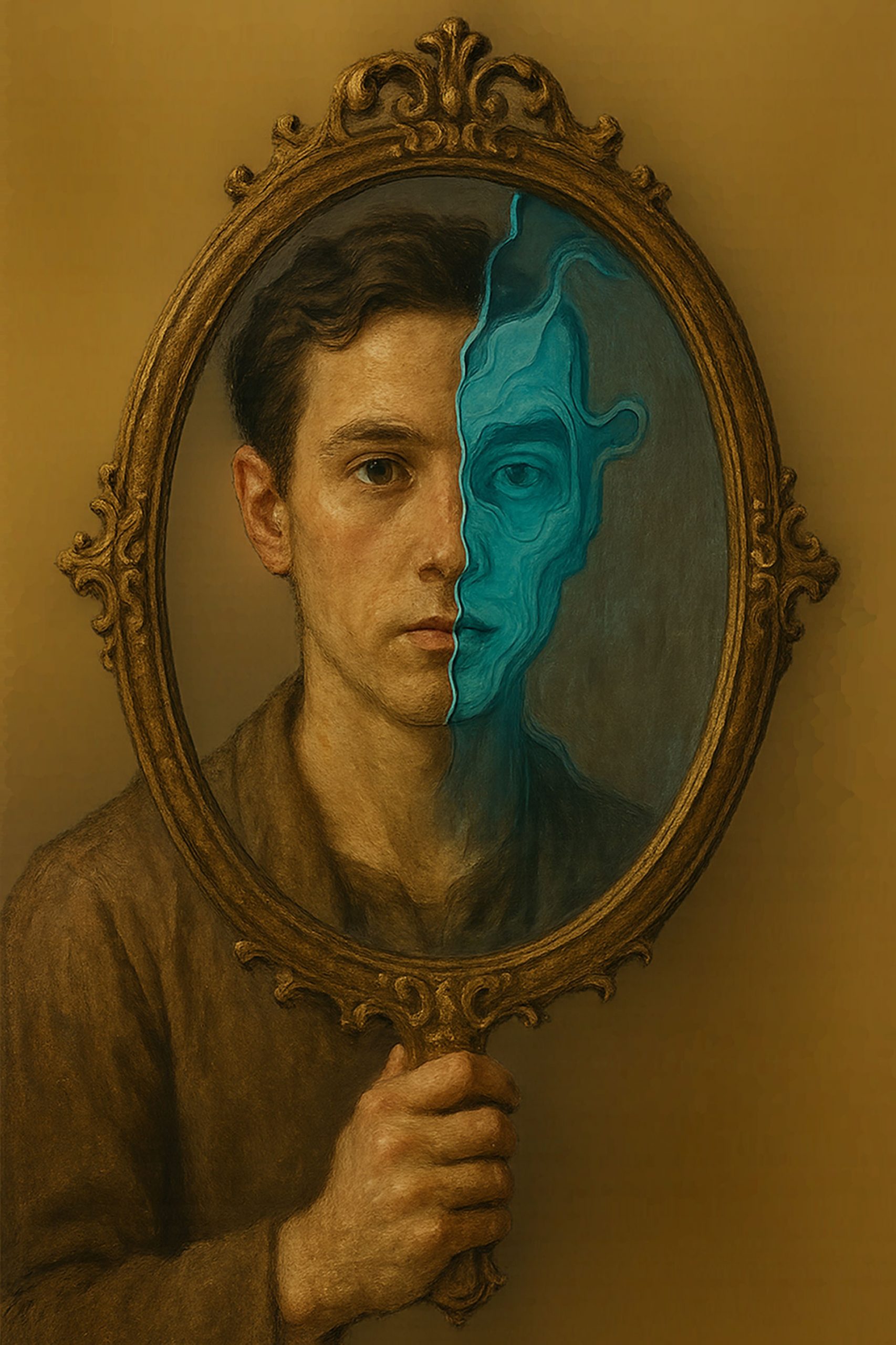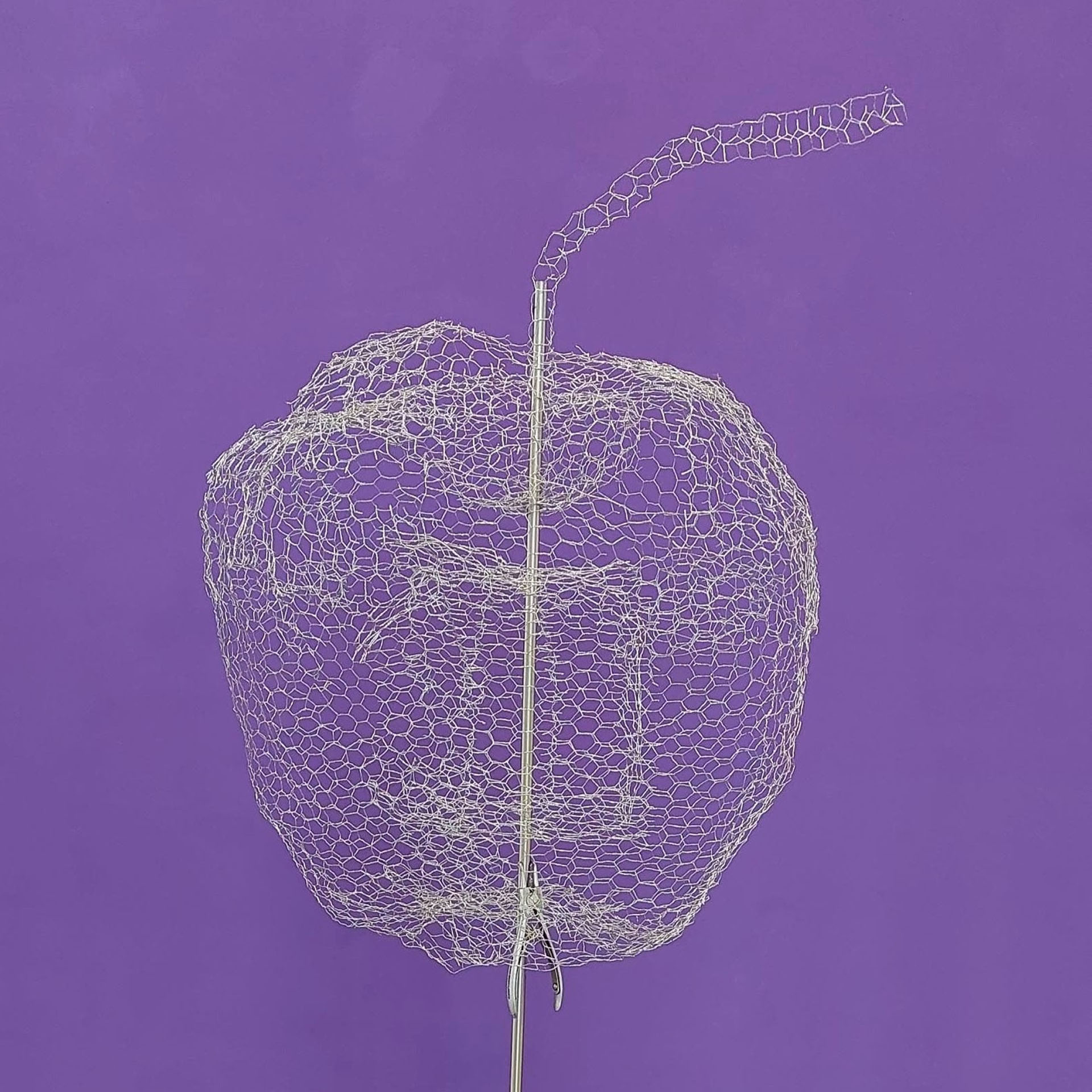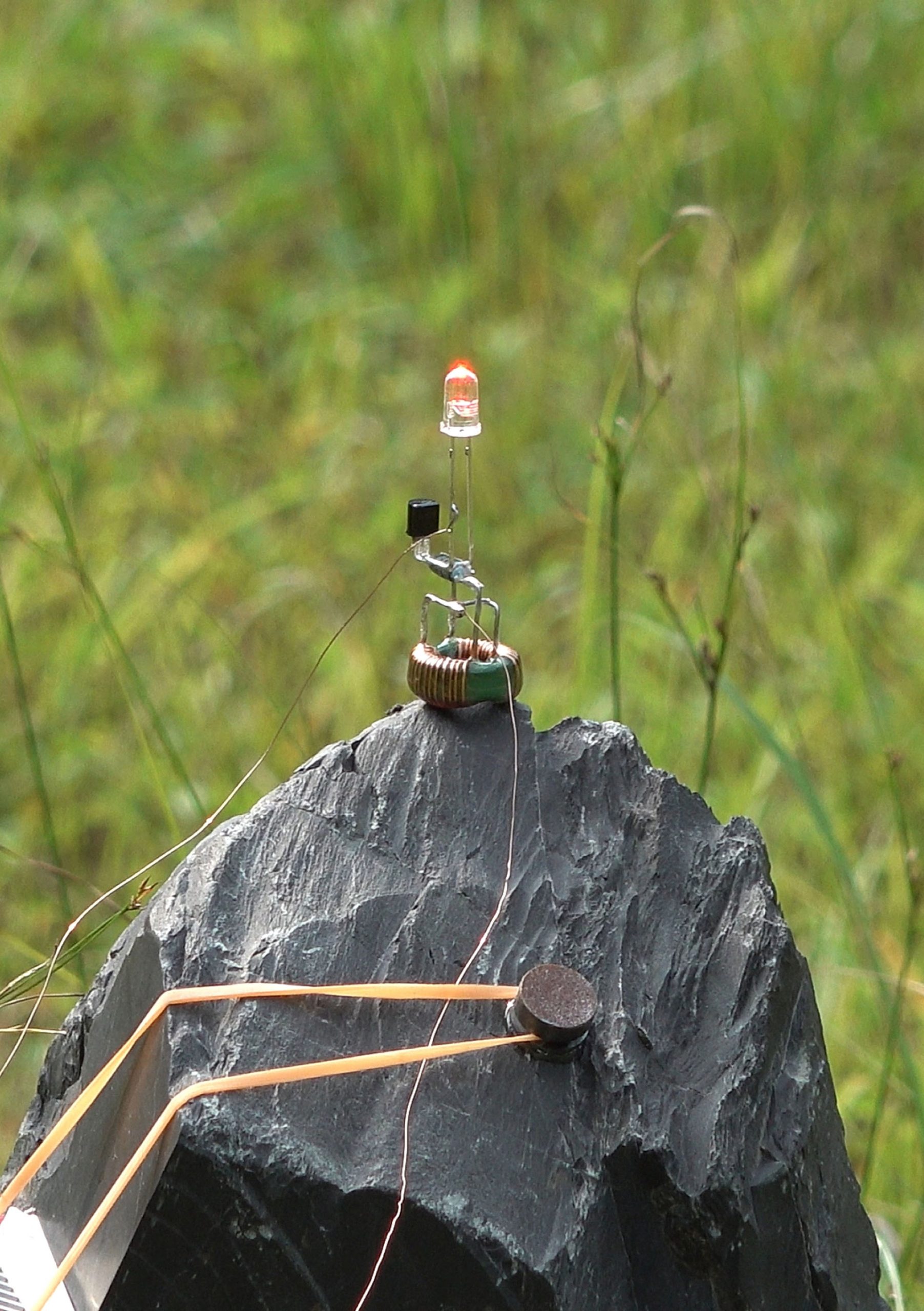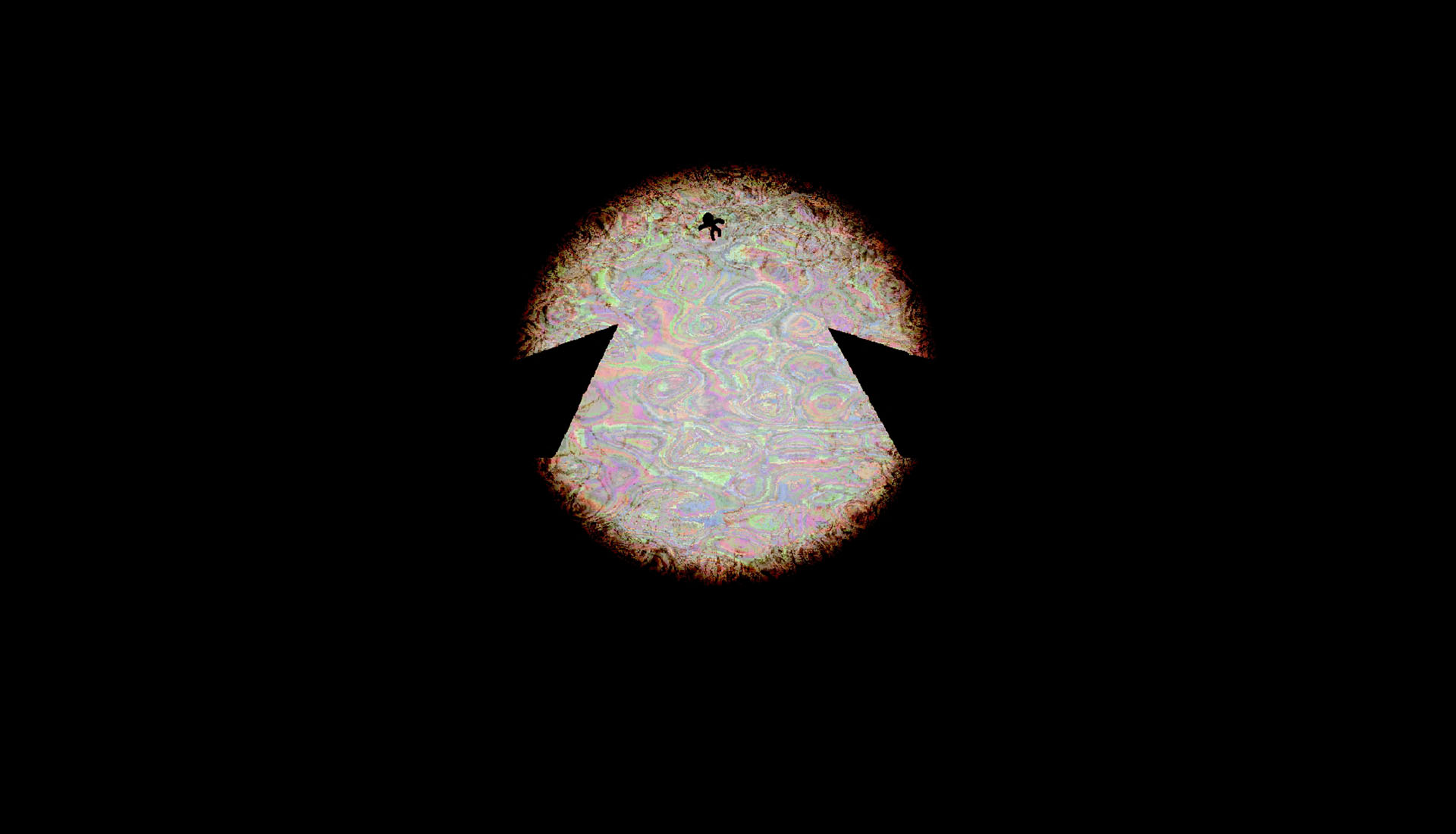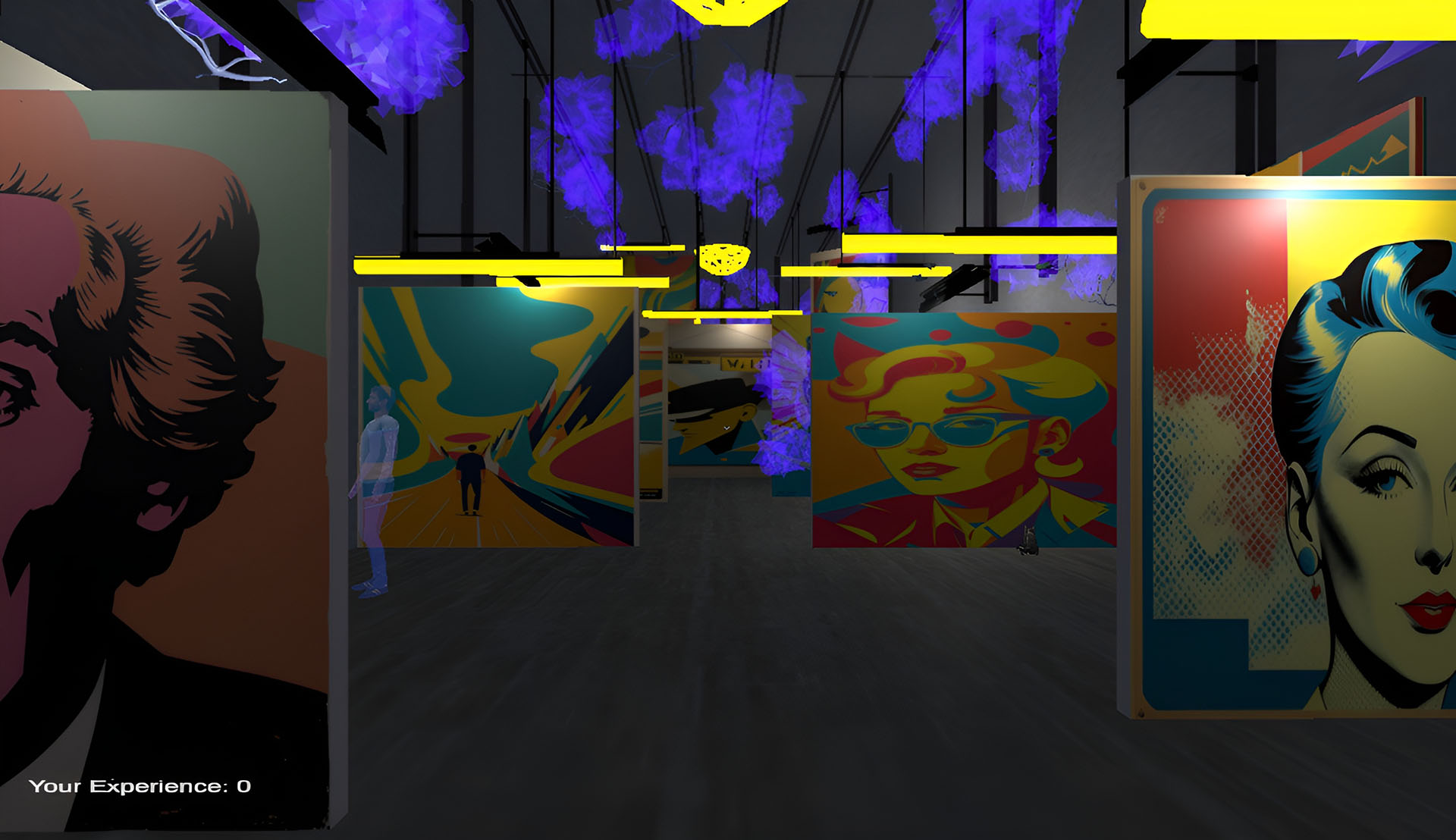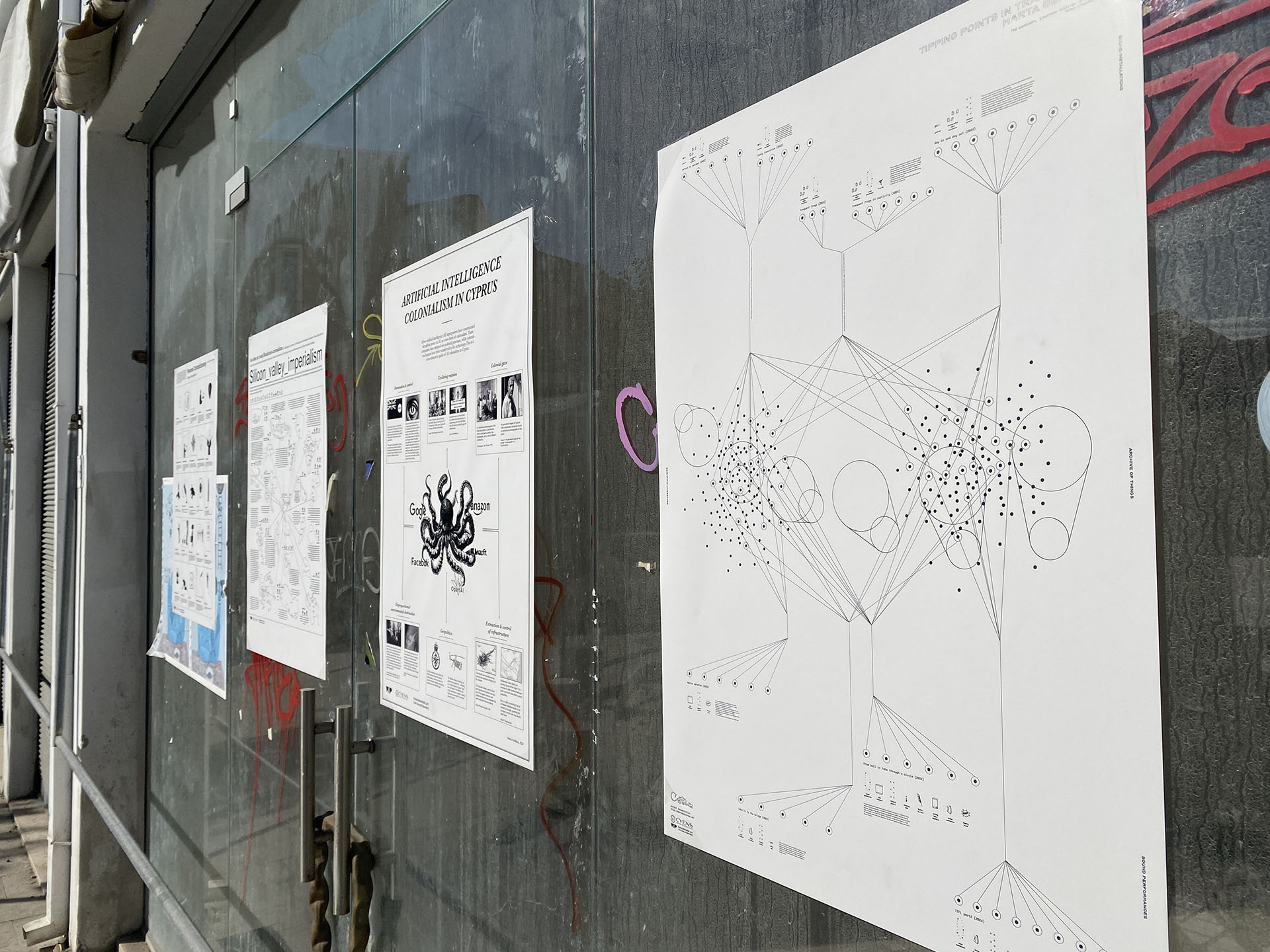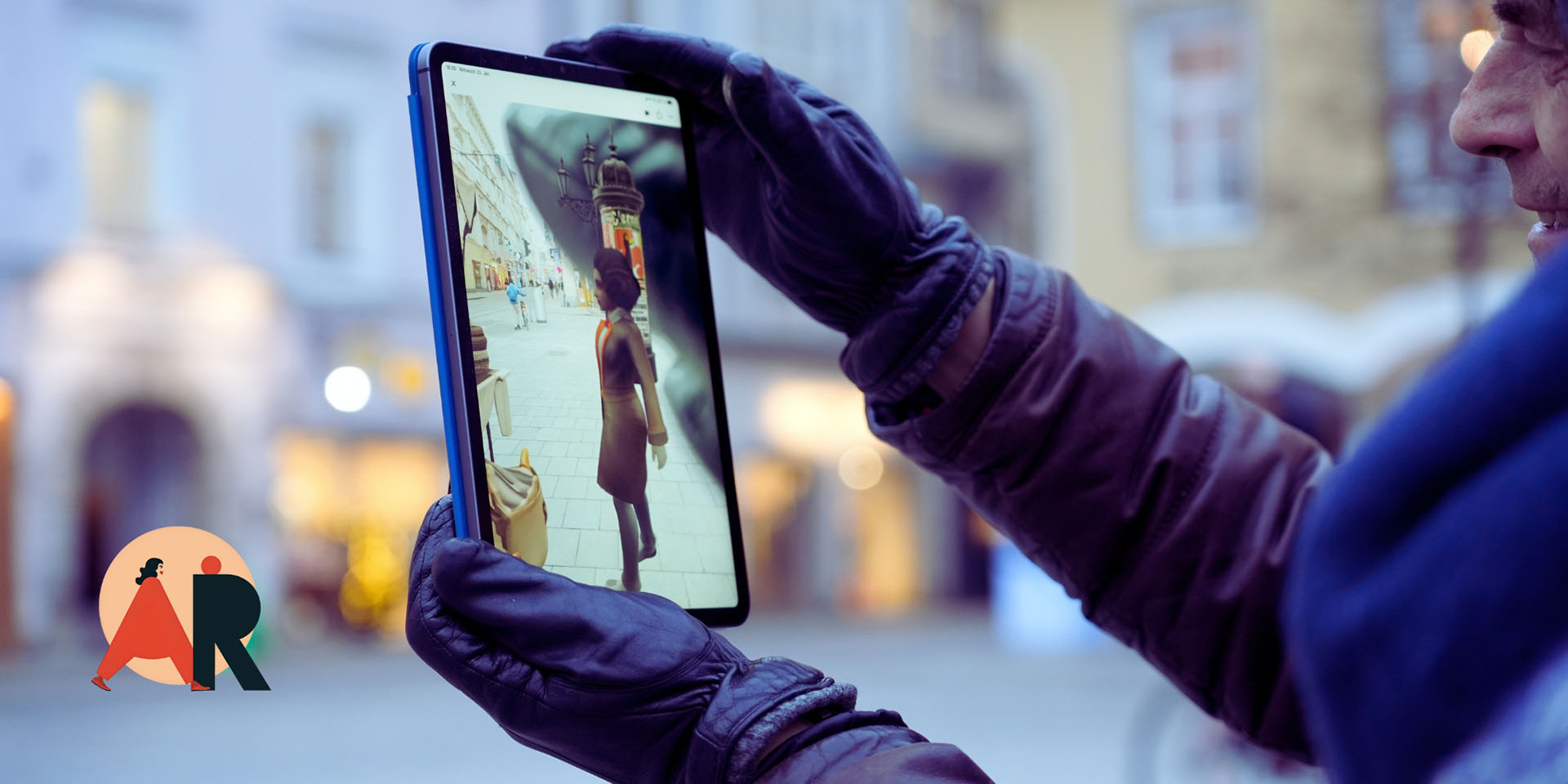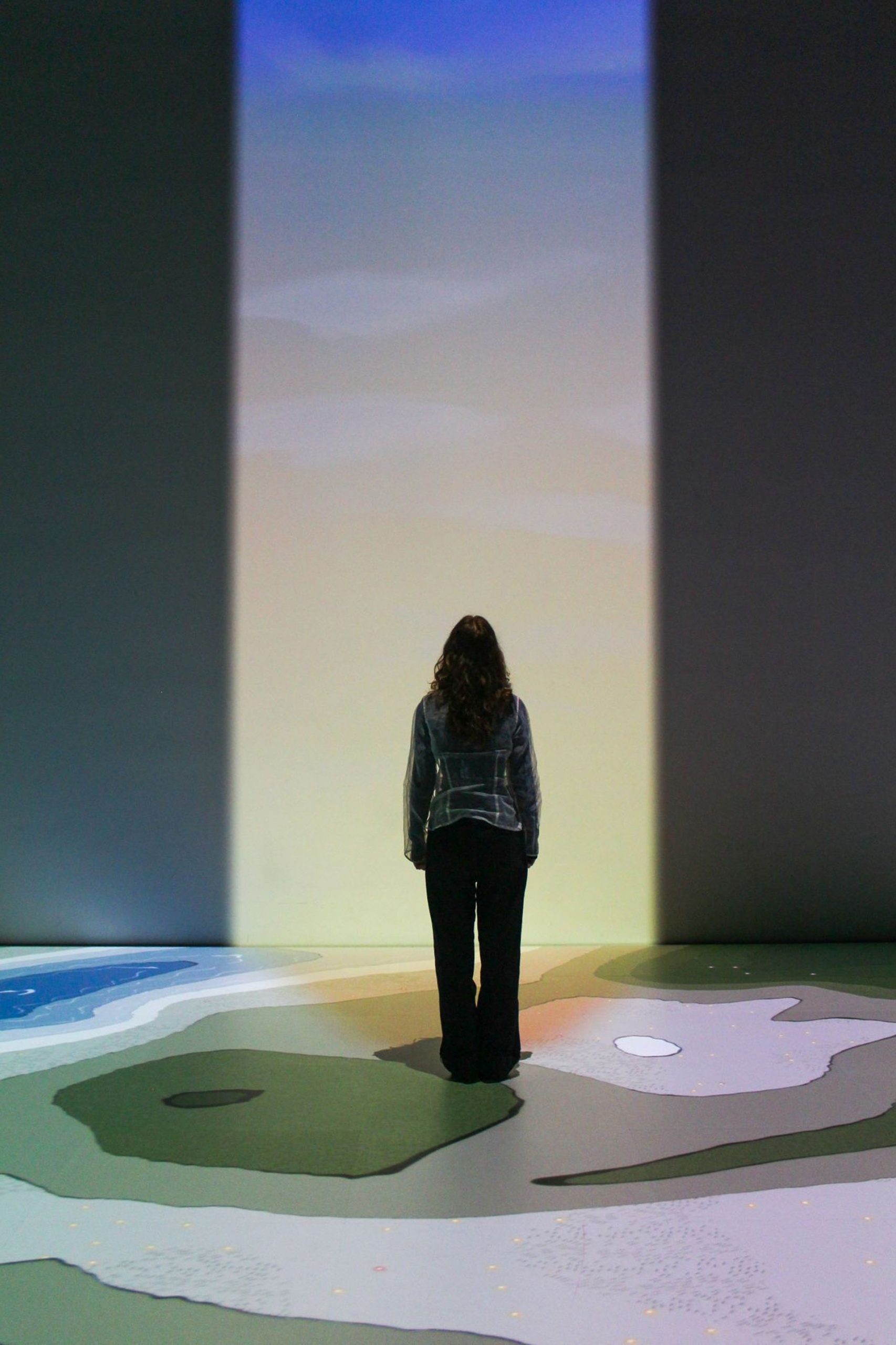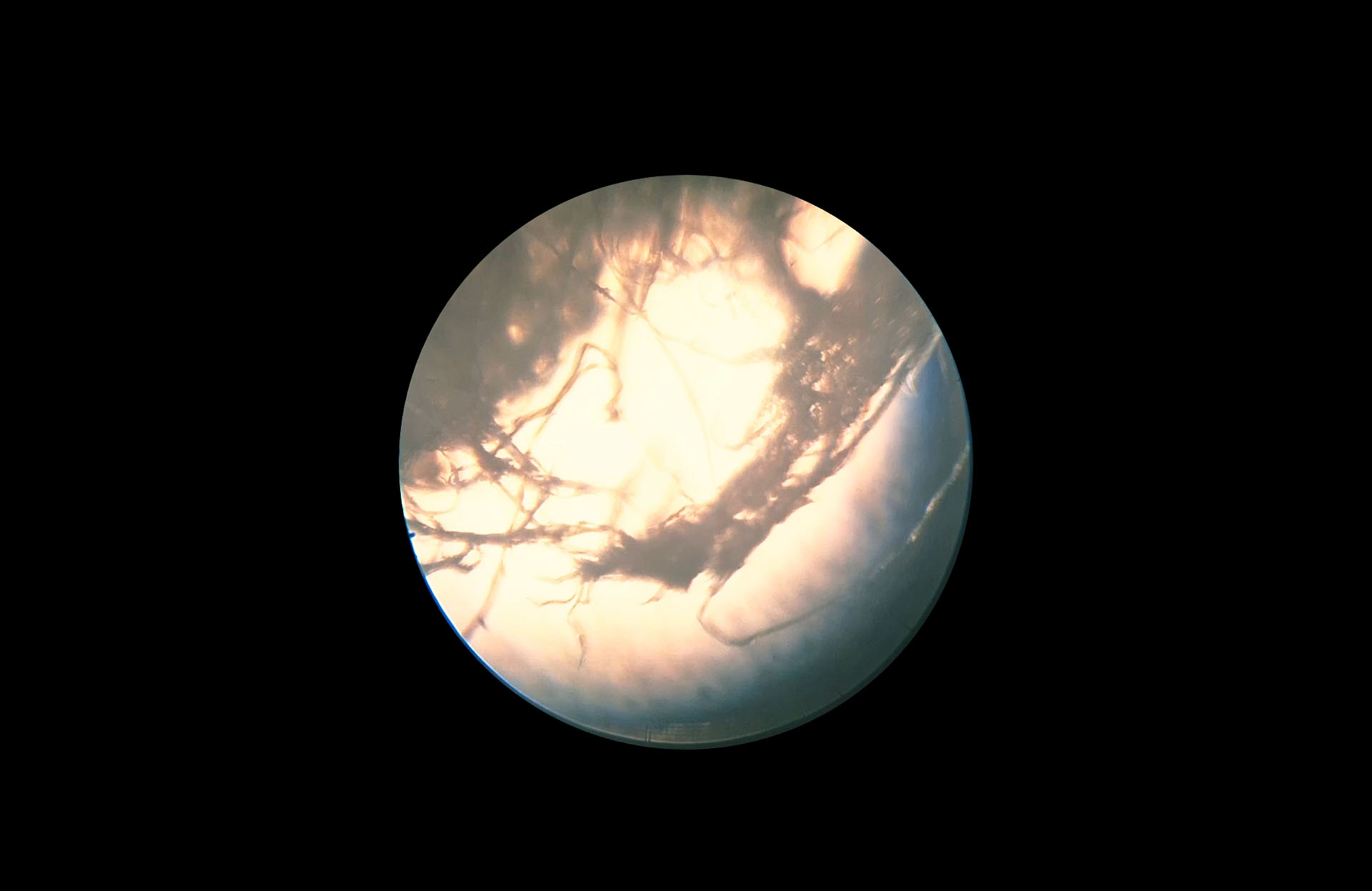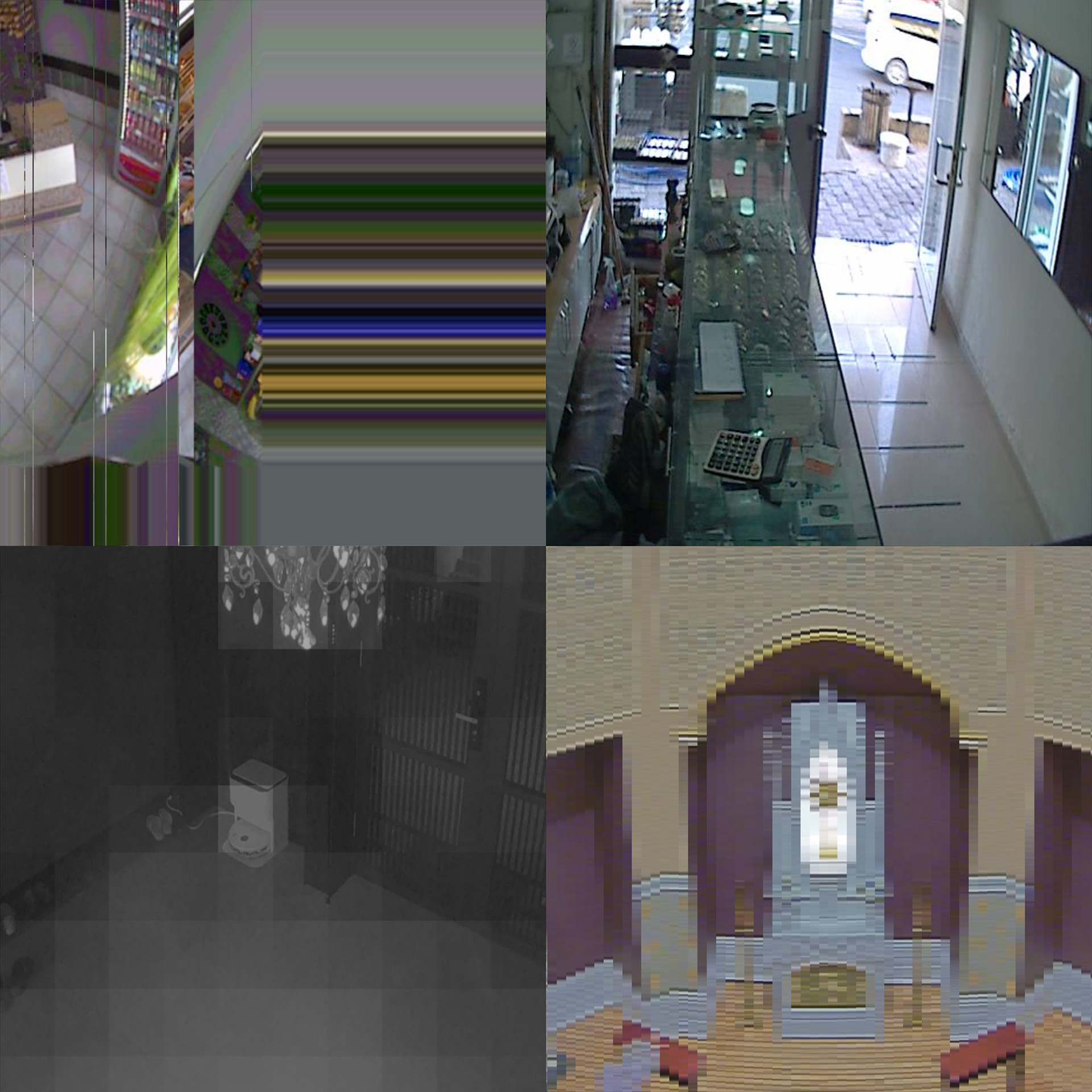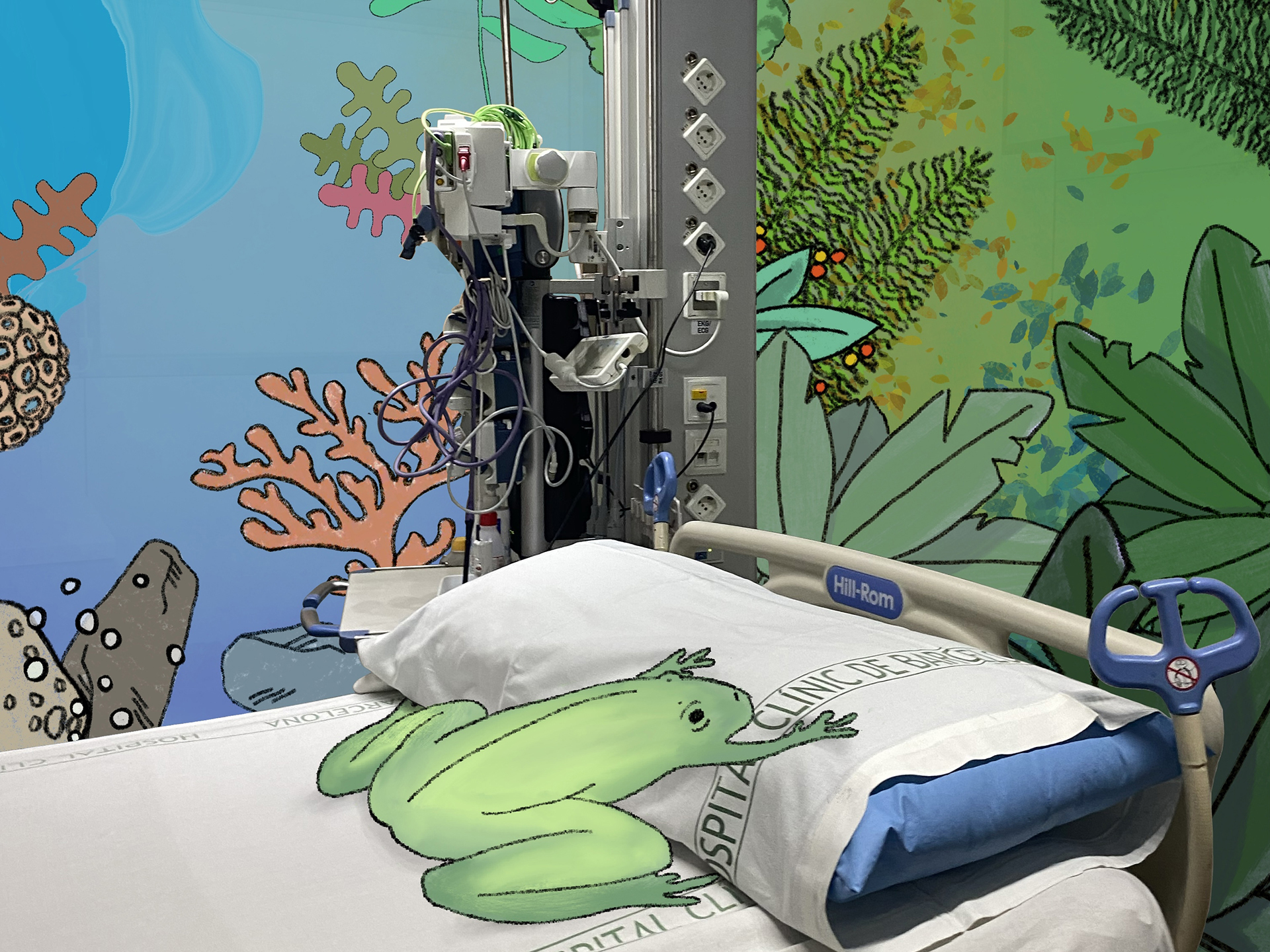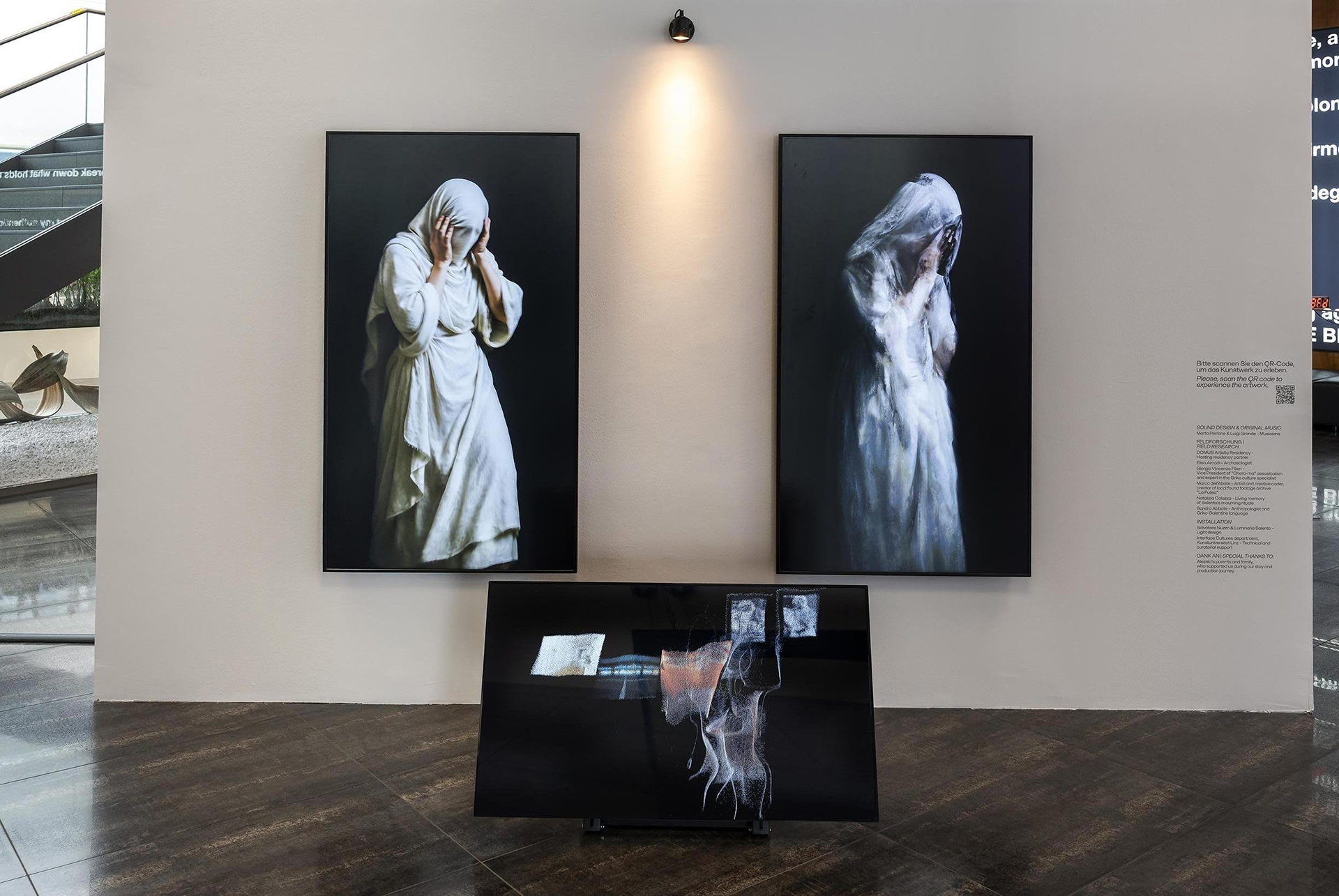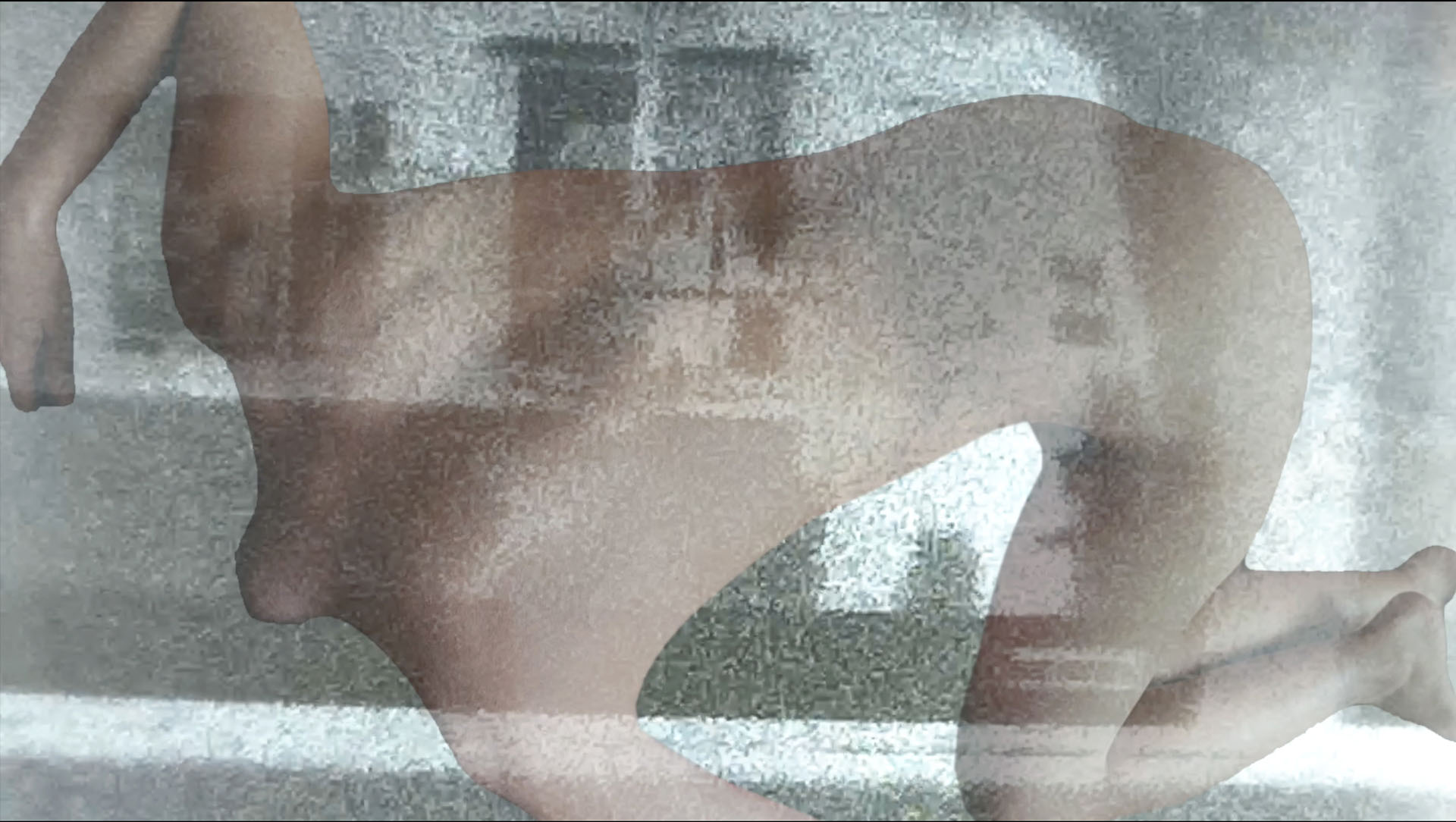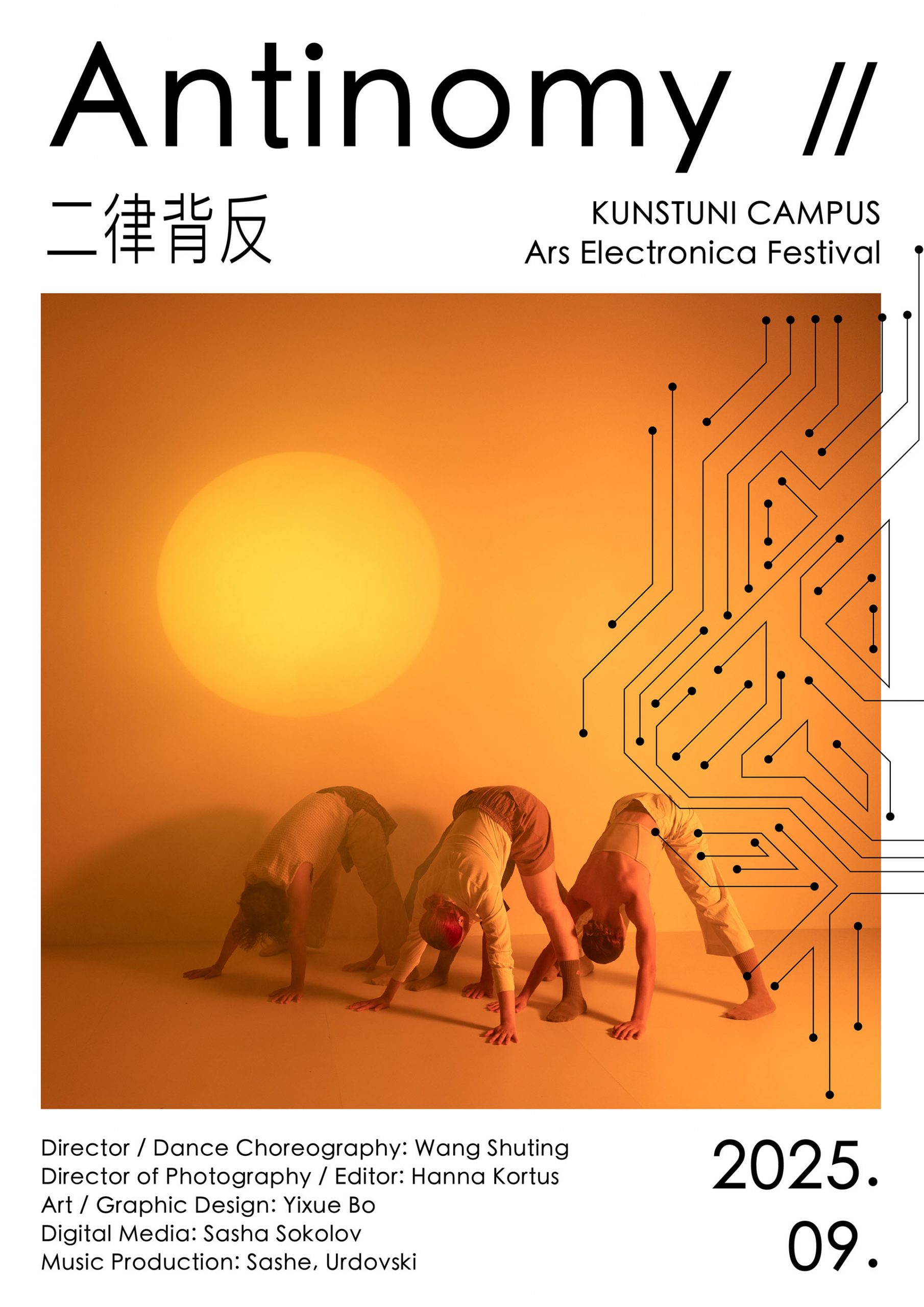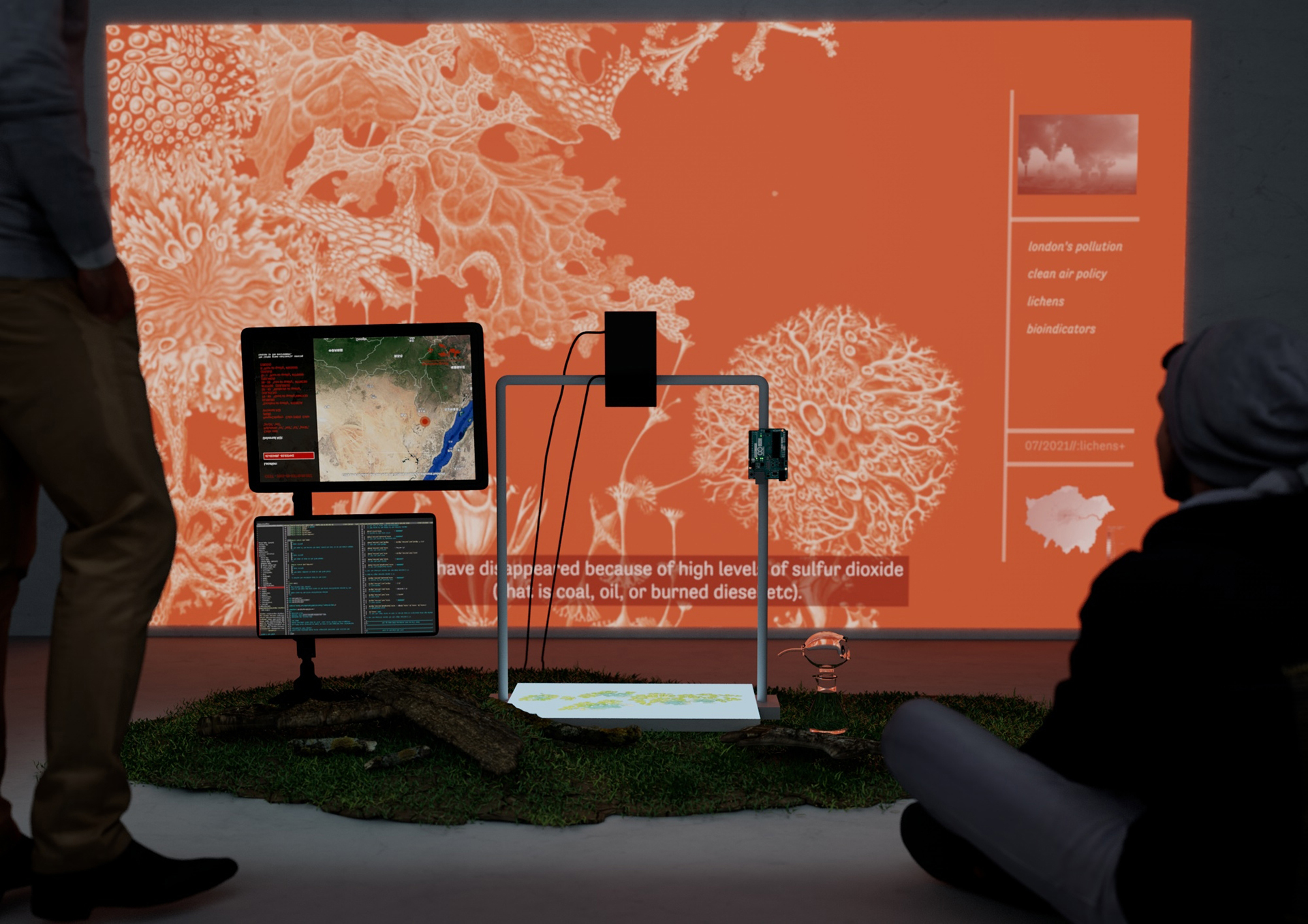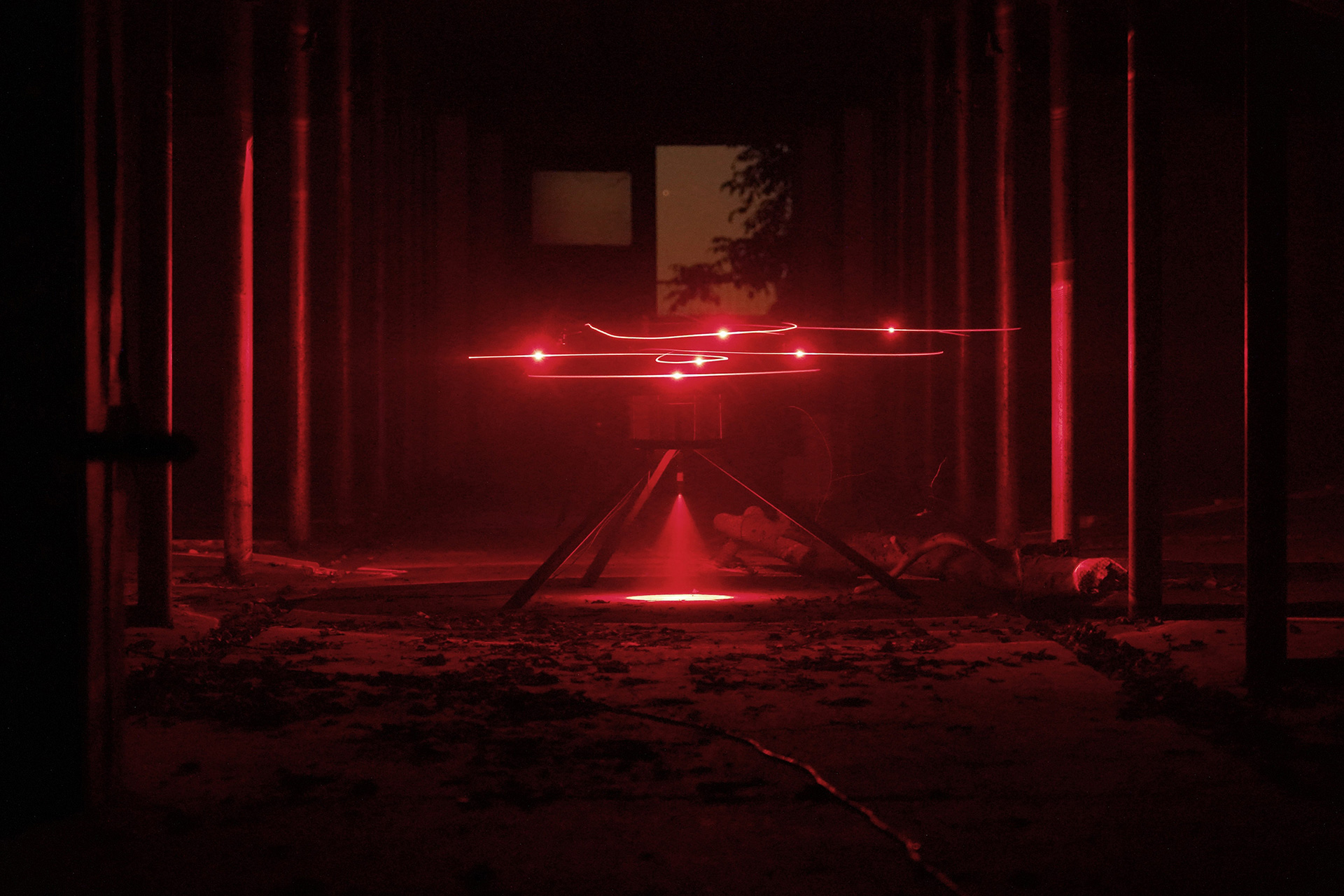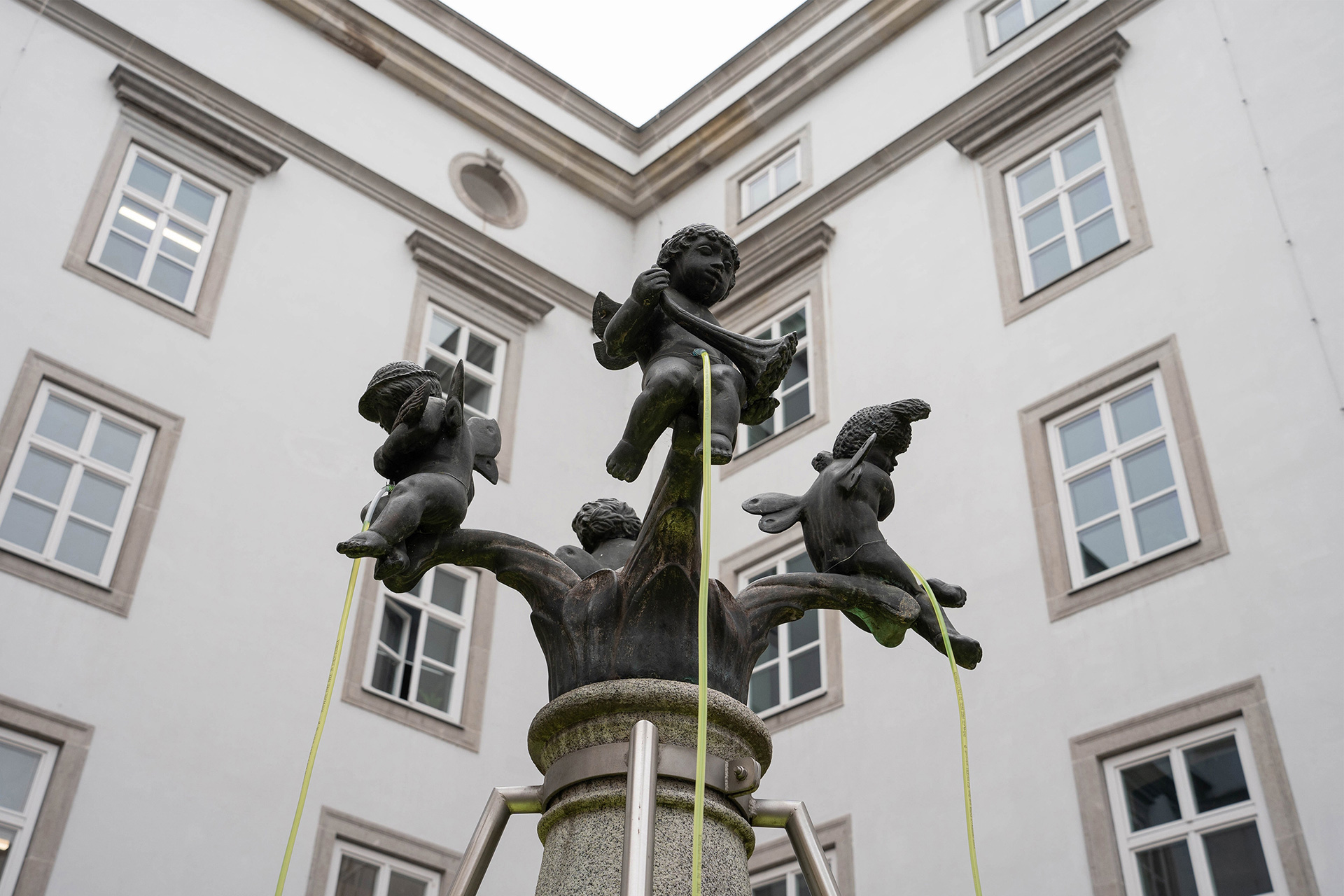Alles.Immer.Offen. [Everything. Always. Open.] as hope, promise, uncertainty, or threat? Are we becoming increasingly reluctant to accept moments of openness? What exactly are we afraid of—and why? What lies behind, between or beside doorways? And what promises come with doors that open on their own? The sound and noise installation on Linz’s Hauptplatz explores the theme of openness. We are not aiming to convey insights or deliver knowledge. Instead, we invite people to think for themselves—to spark conversations among thinkers. We want to create a space within public space. A space that opens—and is meant to open again and again. The theme draws inspiration from Beyoncé, Kim Beck and Osman Khan, Einstürzende Neubauten, and Hannah Arendt. We value transparency in showing how this work came about—particularly in a time shaped by opaque, automated information systems.
Beyoncé: Shortly after the devastating Eaton and Palisades wildfires subsided in January 2025, Beyoncé received the Grammy for Album of the Year. The award was presented by firefighters from the Los Angeles Fire Department on the evening of Sunday, February 2. She concluded her brief acceptance speech, among other things, with the words: “I hope that we … open doors.” This statement was likely addressed less to the firefighters who presented her with the Grammy, and more to the fact that the very next morning, “Day Without Immigrants” protests were organized in several U.S. cities in response to the immigration policies of Donald Trump’s second administration.
Hannah Arendt: Political freedom, the public sphere, and moral responsibility are themes explored by Hannah Arendt in her various writings and publications. In preparing the Kunstuni Campus, her speech-turned-essay On Humanity in Dark Times: Thoughts on Lessing proved especially significant. Originally delivered as her acceptance speech for the Lessing Prize in 1959, it includes the line: “The world lies between people, and this ‘in-between’—much more so than, as is often assumed, the people themselves or even ‘the human being’—is today the subject of the greatest concern and the most visible dislocation in nearly all countries.” Through these reflections, she urges a continued responsibility toward the world and a renewed examination of how we relate to it.
Kim Beck in collaboration with Osman Khan: Amid the momentum of Linz’s designation as European Capital of Culture in 2009, the Prix Ars Electronica honored a piece by Kim Beck and Osman Khan which has since found its way into the Ars Electronica Archive as video documentation. When Laughter Trips at the Threshold of the Divine — a sliding door installation originally exhibited from August 2008 to August 2009 at Socrates Sculpture Park, Long Island City, NY — was never realized in Linz, despite some recalling otherwise. Comparable installations include Carsten Höller’s fully functional automatic sliding glass doors at Tate London in 2003. It would come as no surprise if numerous other automated door systems have been—and are still being—used as artistic tools for spatial interventions cross, inside, outside, and in-between contexts.
Einstürzende Neubauten: Lastly, the title of our installation takes form as a collage inspired by an album title from a well-known German band. Alles wieder offen [Everything open again] is both the name of an album and a track released in 2007 by Einstürzende Neubauten. The song’s lyrics poetically and ironically explore different forms of new beginnings. In tribute to the band’s influential musical legacy, we have titled our installation and the Kunstuni Campus Alles.Immer.Offen.
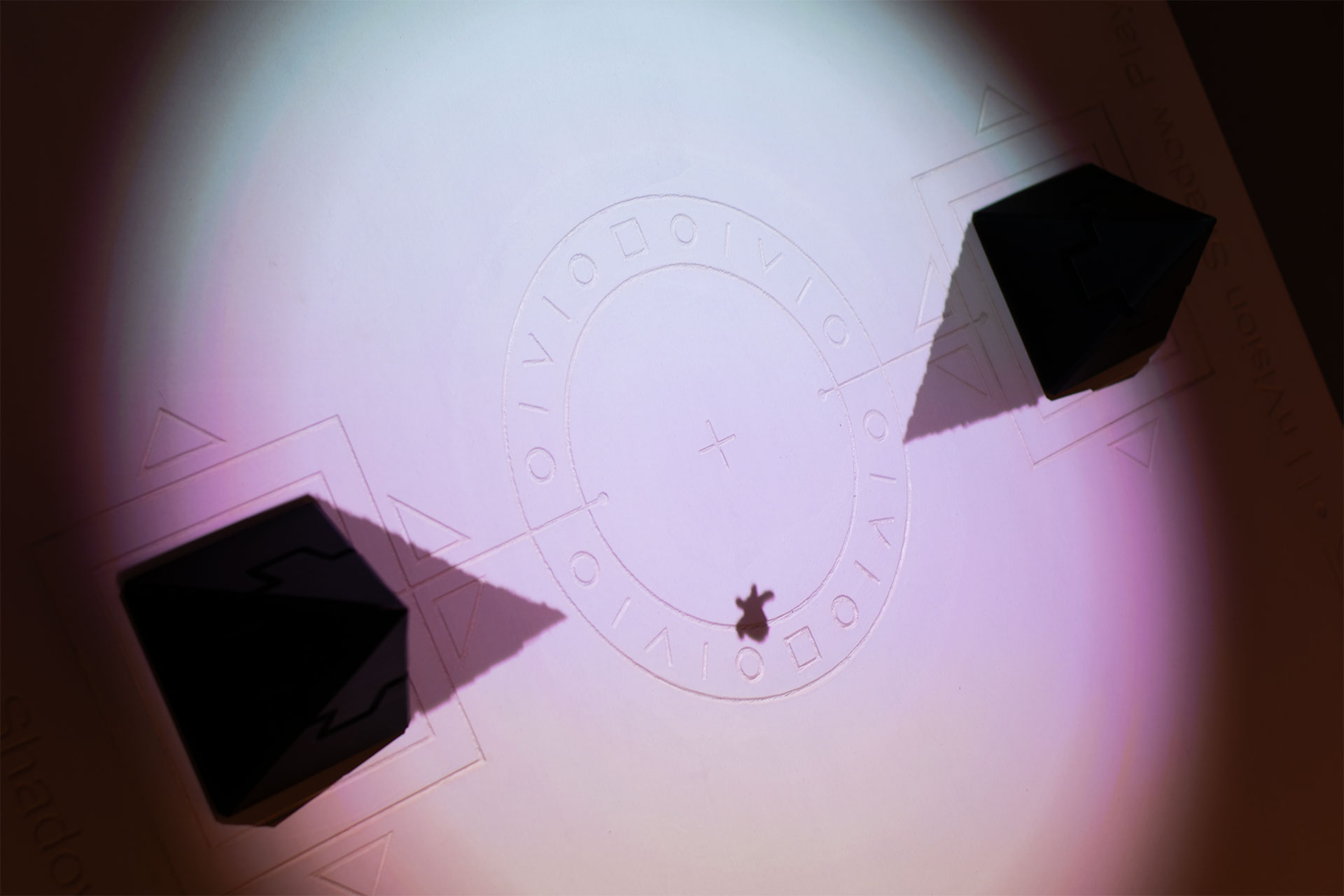
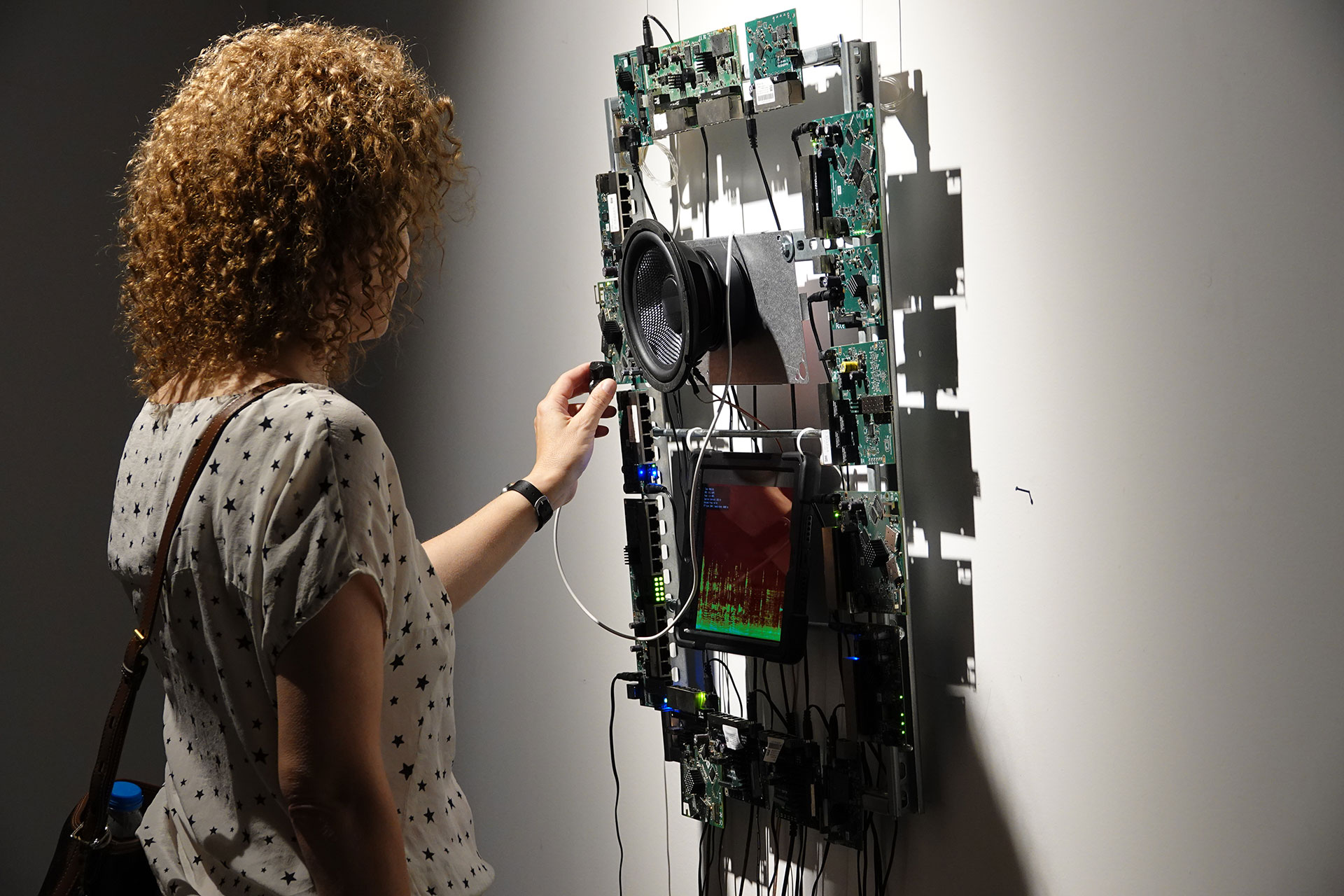
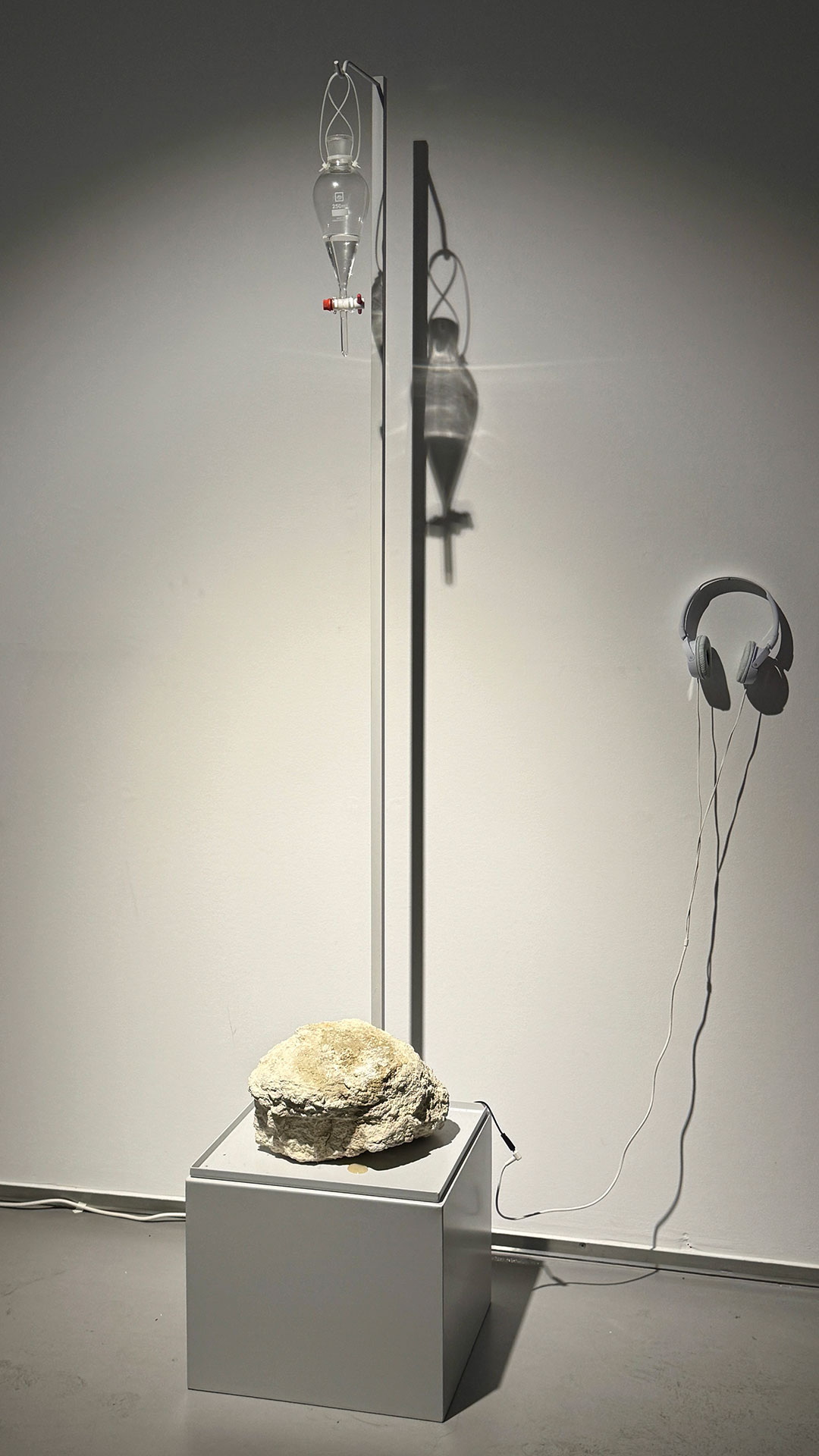

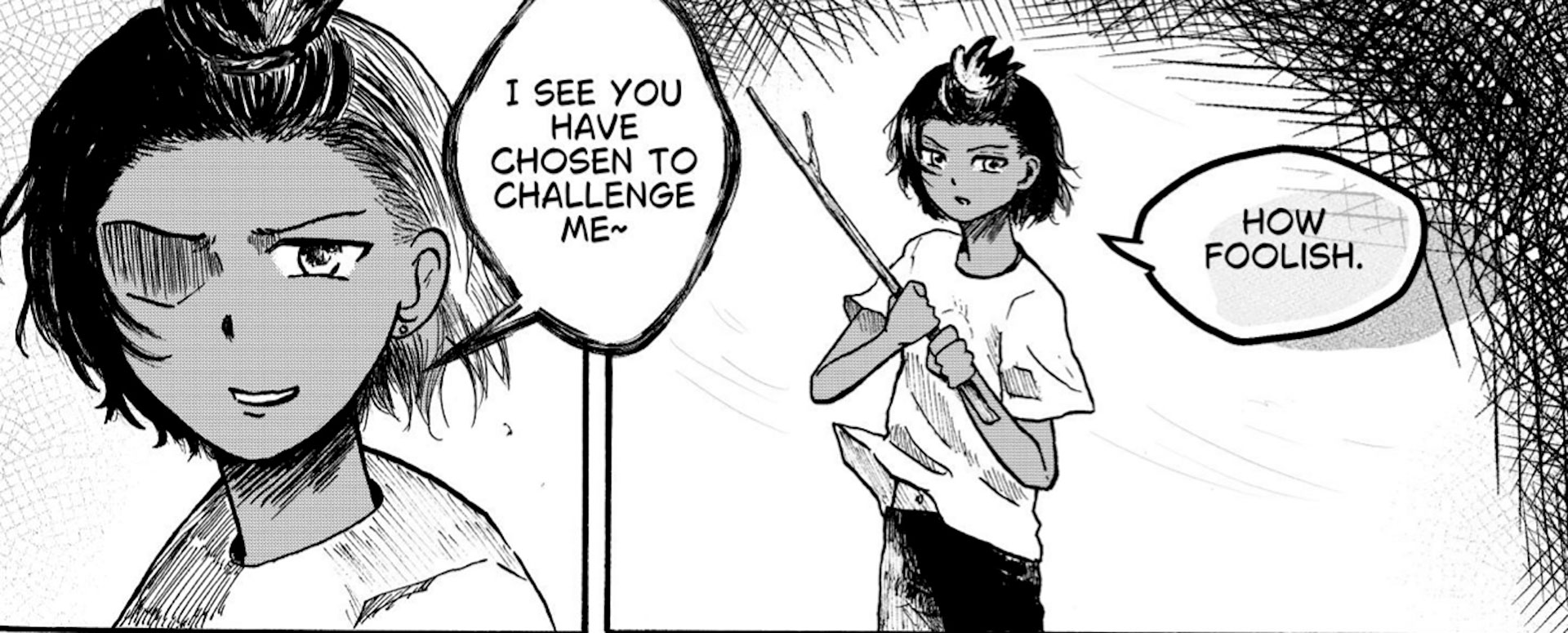
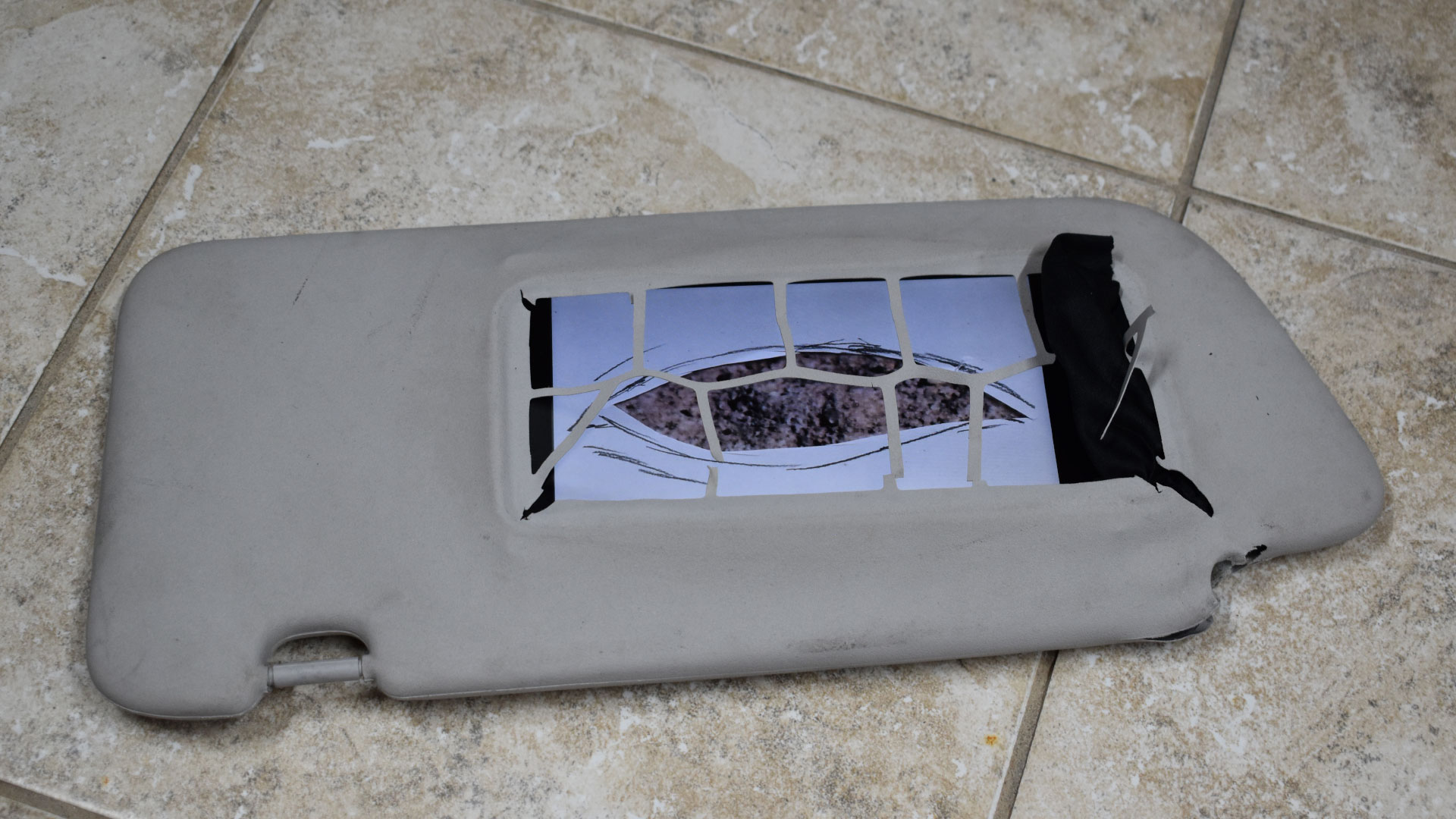
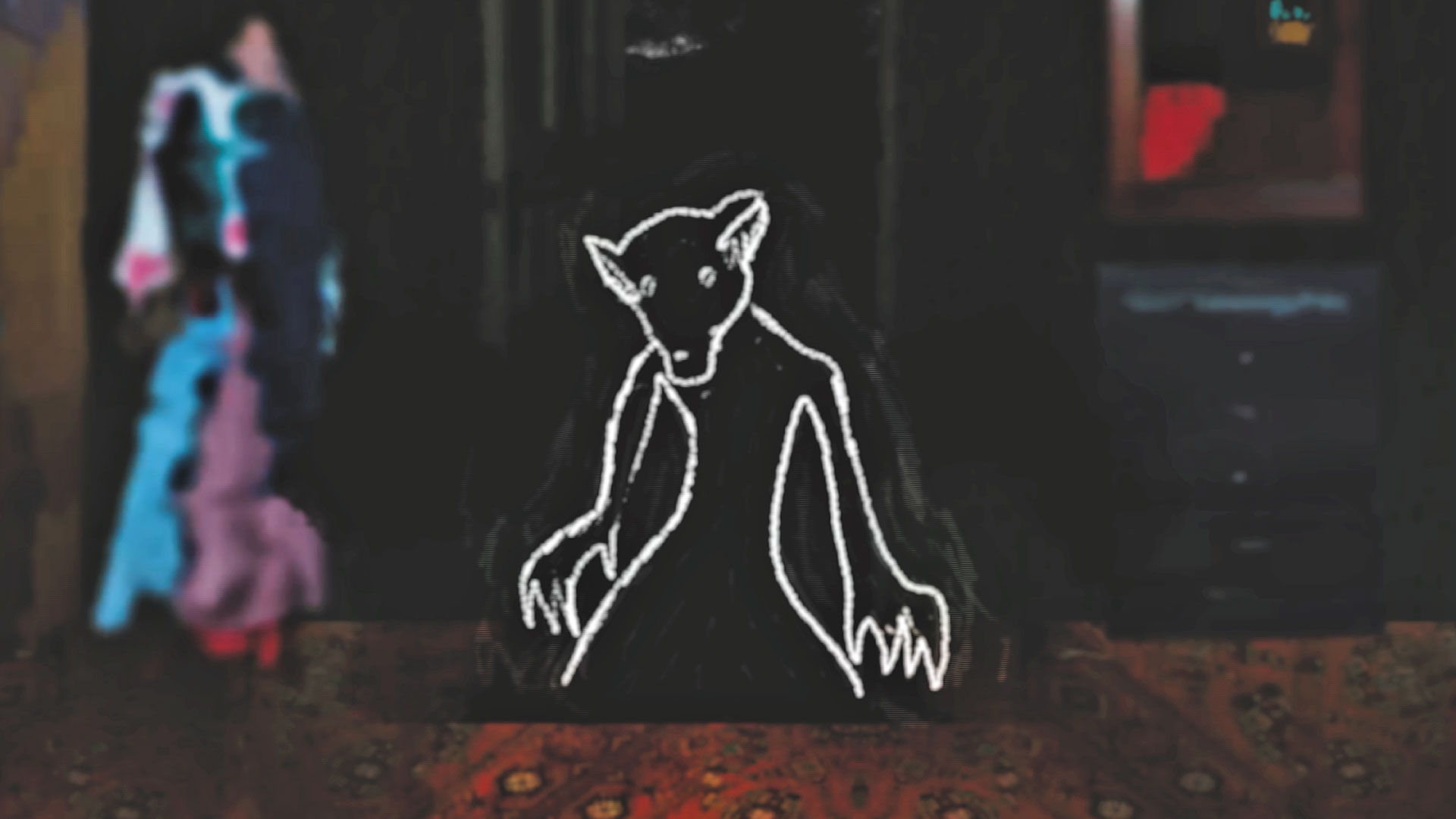
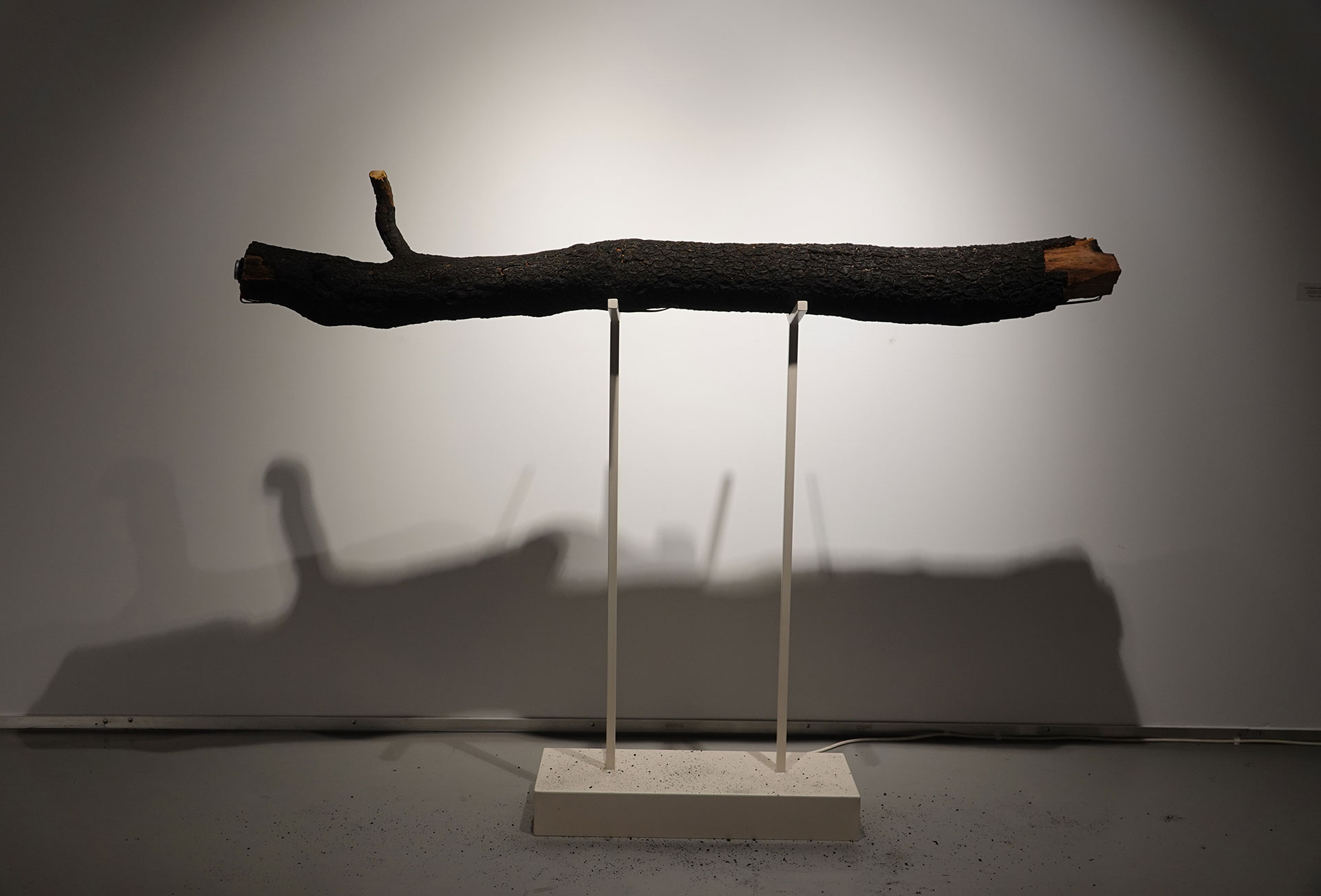
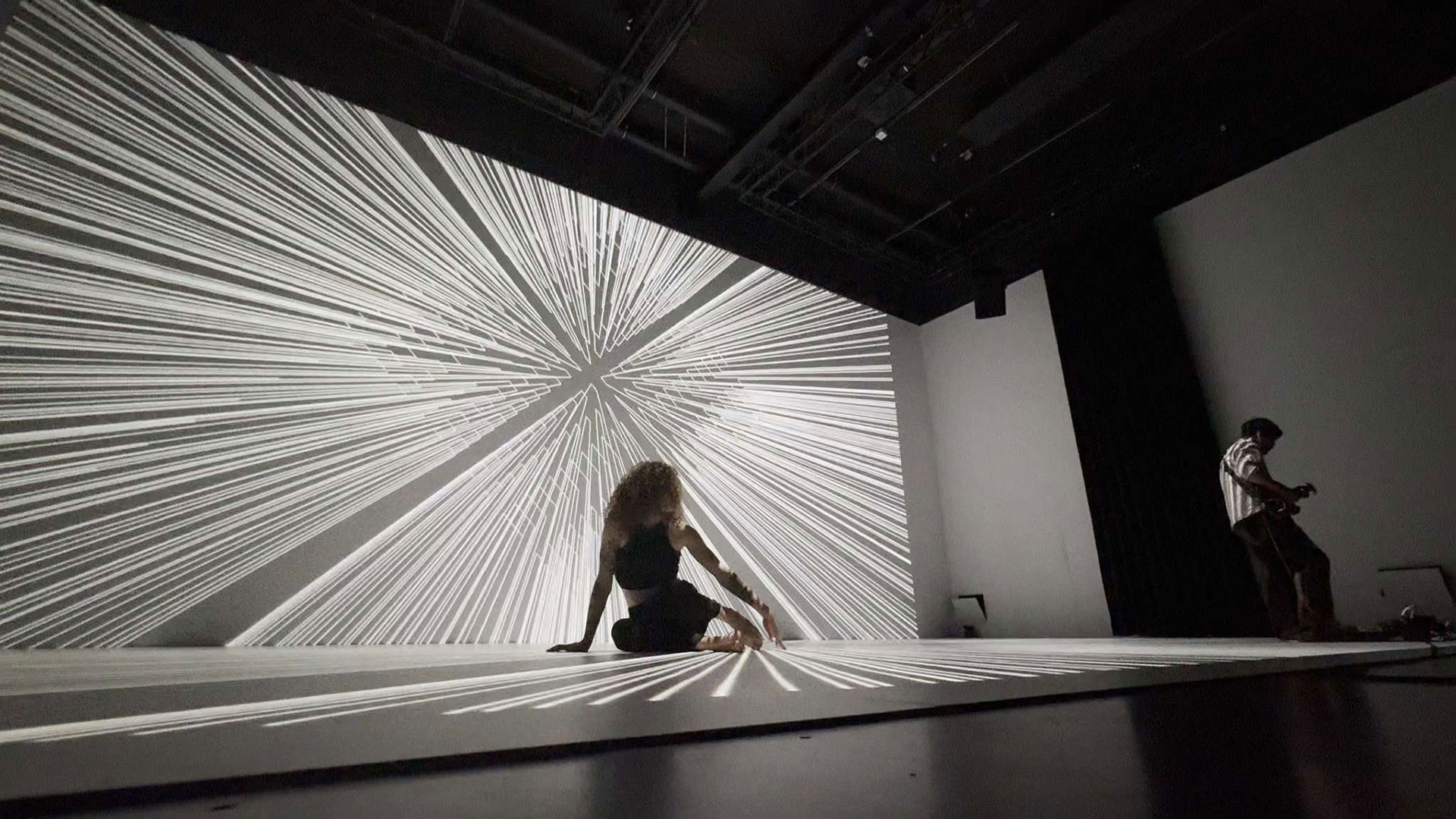
![[…]](https://ausstellungen.ufg.at/alles-immer-offen/wp-content/uploads/sites/22/2025/08/Emma-Pascale-Bockelmann-scaled.jpg)
